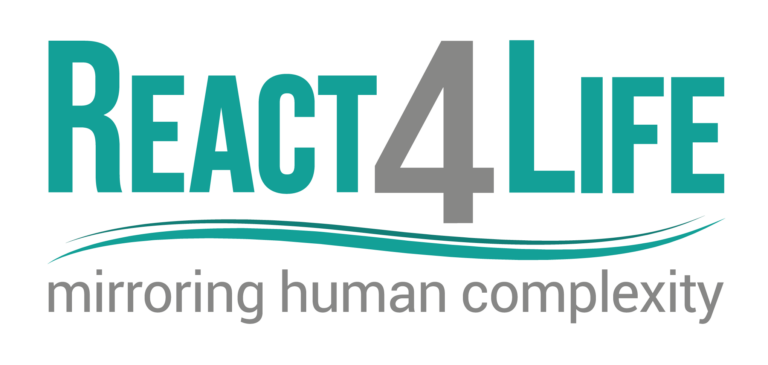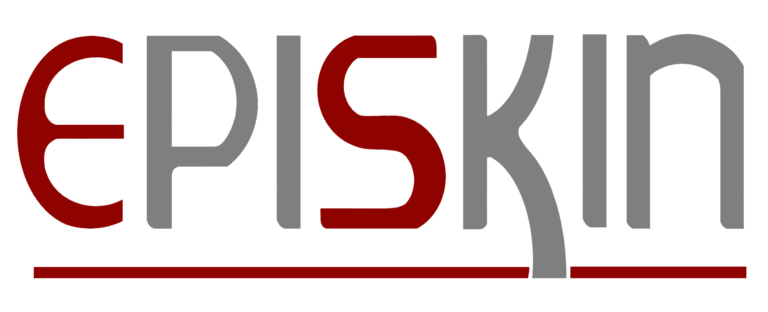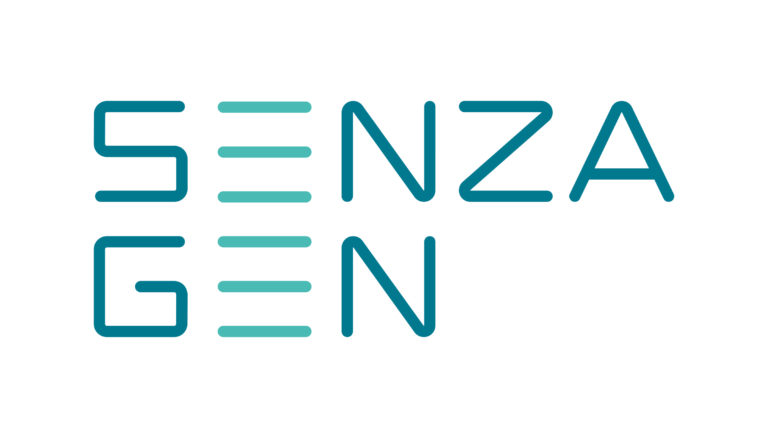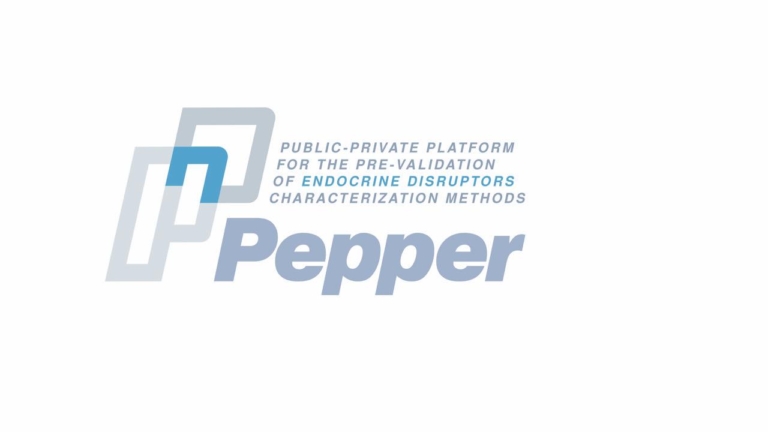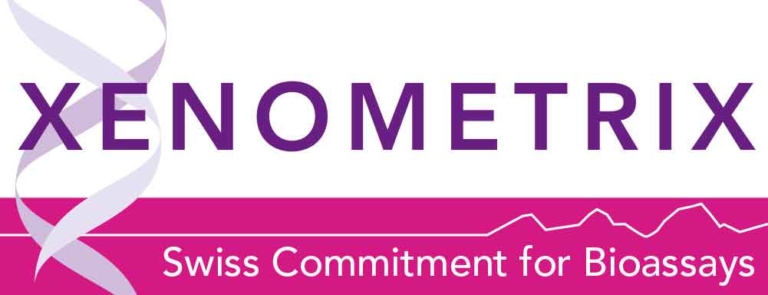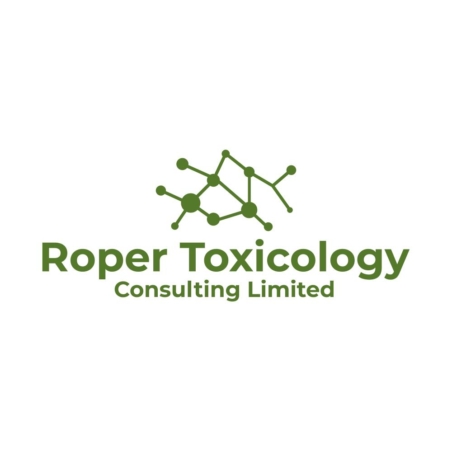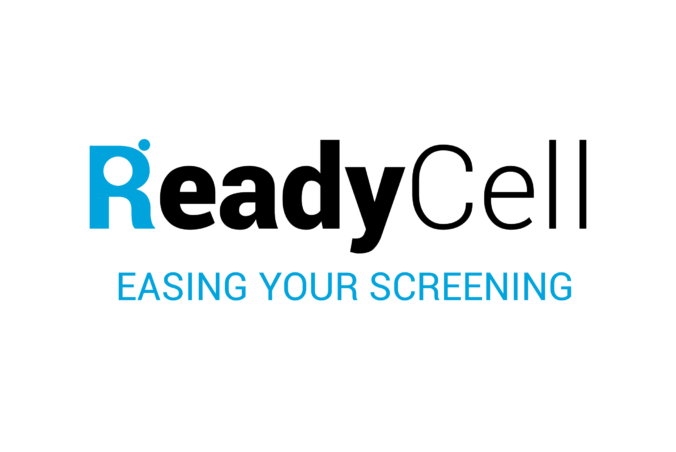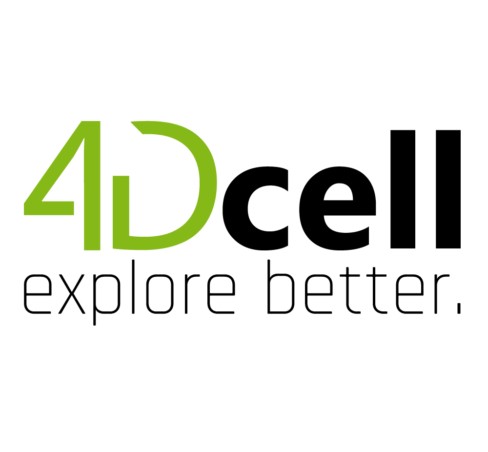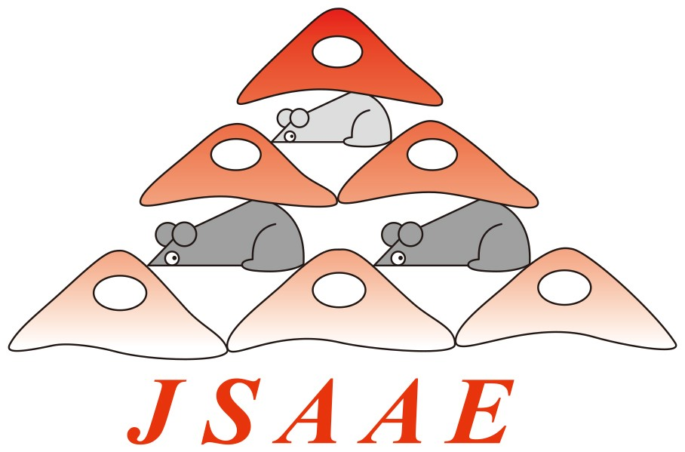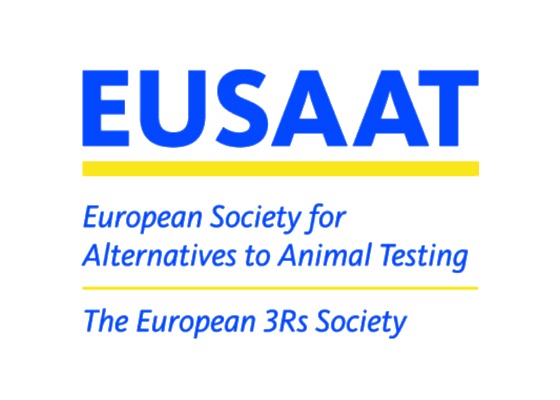Thursday, March 17 2022
9:00-10:30 am EST / 15:00-16:30 CET
Presenter 1: Patrícia Zoio, PhD candidate, Institute of Chemical and Biological Technology, NOVA University of Lisbon
Title: Full-thickness skin-on-a-chip model for in vitro drug testing and disease modelling
Abstract:
Reconstructed human skin models are a valuable tool for drug discovery, disease modeling, and basic research. However, currently available skin models do not fully reproduce the structure and function of the native human skin, mainly due to their use of animal-derived collagen and their lack of a dynamic flow system. Here, we present a full-thickness skin-on-a-chip (SoC) system that reproduces key aspects of the in vivo cellular microenvironment. This approach combines the production of a fibroblast-derived matrix (FDM) with the use of an inert porous scaffold for the long-term, stable cultivation of a human skin model. The use of a scaffold resulted in a structure with mechanical stability due to its noncontracting nature. The coculture of primary human keratinocytes resulted in a terminally differentiated skin equivalent that could maintain its architecture and homeostasis for up to 50 days. The developed SoC resulted in a differentiated epidermal compartment with increased thickness and barrier function than tissues cultured under static conditions. Integrated electrodes were used to measure transepithelial electrical resistance (TEER) during tissue culture, quantitatively evaluating tissue barrier function. After 14 days of culture, the barrier tissue was challenged with a benchmark irritant and its impact was evaluated on-chip through TEER measurements. In the future, this innovative low-cost SoC with integrated electrodes could provide a new in vitro tissue system compatible with long-term studies to study skin diseases and evaluate the safety and efficacy of novel drugs.
Presenter 2: Sabrina Madiedo-Podvršan, PhD candidate, Université de Technologie de Compiègne (UTC)
Title: Developing and investigating a new in vitrohepato-pulmonary coculture model for the toxicological study of inhaled xenobiotics
Abstract:
The respiratory system is exposed daily to a wide range of airborne xenobiotics. Associated toxicity mechanisms are complex and involve local and systemic responses which aggravate, stabilize, or protect our body from adverse effects. Because of this complexity, animal models are considered prime study models. However, in the European context of animal experimentation reduction, we developed a new alternative method to consider dynamic interactions between the lungs and a detoxicating organ such as the liver. According to literature, both organs reportedly interact under stress, therefore our goal is to consider any eventual toxicity modulating crosstalk behaviors
following exposure. Two kinds of Lung/Liver (LuLi) models have been developed: a developmental model which allowed for the technical setup of the coculture platform and a physiological-like model which better approximates a human vivo situation. Coculture models were characterized using 72-hour acetaminophen (APAP) xenobiotic exposures. Morphology, viability, and functionality properties of both compartments were monitored following exposure giving us an insight into the passage and circulation of the model substance throughout the device. Results show that while APAP has adverse effects on both compartments, toxicity is decreased in a coculture setting. Thus, the developed LuLi model displays a relevantly active and functional inter-organ communication between both compartments. Further characterization of the developed lung-liver-on-a-chip is
ongoing but our results are promising and could open the way to a new physiologically relevant way of studying inhalation toxicology.
Presenter 3: Samuel Constant, PhD, CEO, Epithelix
Title: 3D Human airway epithelial models to study SARS-CoV-2 pathogenesis and to discover antivirals
Abstract:
The recent outbreak of SARS-CoV-2 (COVID-19) is a major threat to human beings. The respiratory system is the main entry portal of SARS-CoV-2 which infects initially and principally the airway epithelia; then it gradually propagate to other human organs, causing symptoms such as fever, dry cough, fatigue, diarrhoea, conjunctivitis, pneumonia, respiratory failure, loss of taste, etc… To fight against SARS-CoV-2, confinement is necessary but not sufficient. Vaccination is certainly a priority, but new anti-viral drugs are also indispensable. Since the first step of SARS-CoV-2 infection is taking place in airway epithelial cells, it is logic to use 3D airway epithelial model as drug testing platform. Epithelix has developed and is offering standardized air-liquid interface 3D human airway epithelial cultures from nasal or bronchial (MucilAir™) and small-airway (SmallAir™) origins. These epithelial models closely mimic the morphology and function of the native tissues: such as cilia formation and beating, mucus production and secretion, mucociliary clearance, and secretion of antiviral molecules. These models have been successfully used for the development of antivirals against influenza, rhinoviruses, respiratory syncytial virus, amongst others.
This talk will highlight how these reconstituted human airway epithelial models can be used to characterize viral infection kinetics, tissue-level tropism and transcriptional immune signatures induced by SARS-CoV-2. Relevance of these models for the preclinical evaluation of antiviral candidates will also be addressed in the context of repositioning of marketed drugs or evaluation of novel therapies and combinations delivered systematically or through aerosol therapy.
 The ESTIV Members Area
The ESTIV Members Area